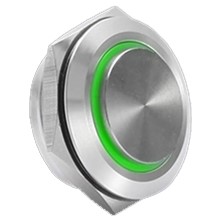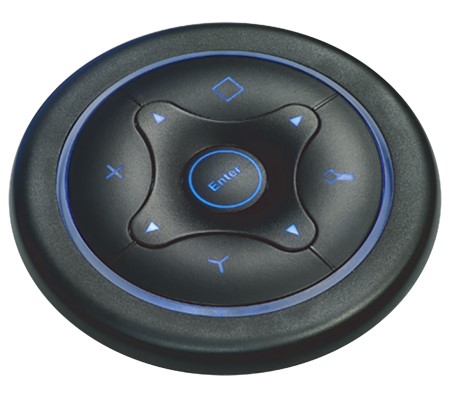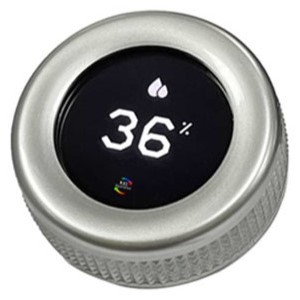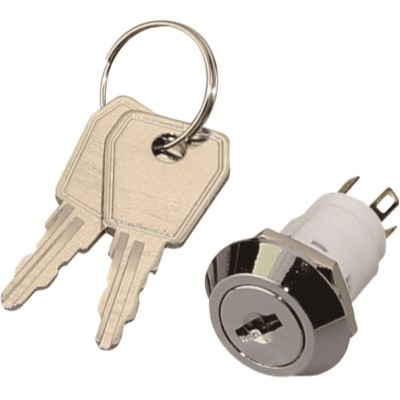The Future of Transportation
All types of transportation, from cars and trains to planes and ships have essentially remained unchanged since their invention, aside from improvements to their functionality over the years. For decades now we have relied on relatively attainable transport to get us around our country and to explore the world. However, as concern for issues such as pollution and congestion increases, we will need to see serious changes in transportation.
In this blog we’re investigating the changes that have already been made, as well as some key developments that we expect to see in transportation in the coming years.
Already in Motion
As we mentioned above, some innovations and improvements in transportation are already in progress. Most of us have experienced car sharing schemes and know someone with an electric vehicle, but in just over 10 years, there won’t be an option to purchase any car (new) that isn’t electric. It is also becoming more common to see other electric vehicles, such as trains, trams and buses. Electric boats and planes could even be on the horizon in the next few years, although there are bigger challenges when designing craft for air and sea.
Another advancement that we are already seeing being implemented is the use of drones and autonomous robots. With home delivery becoming increasingly popular, some companies have already started using drones and robots to deliver their products. This reduces congestion and pollution on roads caused by vans and lorries, whilst still retaining the convenience of parcels arriving on your doorstep.

Autonomous Vehicles
The next evolution from EVs is to have completely autonomous vehicles. Again, this is something that is already in development, with self-driving cars and taxis available in parts of the US, driverless trains in use in some countries, and even some autonomous public buses. In terms of what we may expect to see in the coming years, trials are already being undertaken with autonomous ships and delivery vehicles.
Going hand in hand with autonomous vehicles is artificial intelligence and algorithmic planning. AI software can be used not only to control vehicles, but also to control urban traffic systems and optimise routes for commercial ships.
However, there still seems to be a lot of hurdles to overcome before we can expect to see fully driverless transport, as there is a lot to consider in terms of safety and ethics.
Fuel of the Future
Another important change that needs to be made is to step away from fossil fuels such as petrol and diesel. We have already discussed electricity as an excellent power source, but there are other renewable energy options that may be just as revolutionary. Two of these alternative fuels are biogas (which is carbon neutral and renewable) and hydrogen (a natural gas).
Biogas is already available for HGVs and long-haul vehicles, and can serve as a stepping stone in a transition to hydrogen, as the infrastructure required can be adapted without rebuilding. Hydrogen could potentially be an ideal fuel as it is such a readily available resource; but there are currently challenges in how to harness it in the most useful way to power transport.

Smart Components for Smart Transportation

RJS1N1LP
LED illuminated ultra low profile metal switches. Push buttons with a sleek, modern design.

Navigation Switch
Programmable switches with LED illumination to control movement physically or digitally.

RJS-SDE-2
Rotary encoder and push button switch with a 1.28" LCD display and SPI interface.

Keylock Switch
Metal or plastic security switches to prevent intentional or accidental interference.
Conclusion
With electric and/or hydrogen-powered vehicles becoming more and more prevalent, it is easy to be optimistic that the future of transportation will bring benefits for our health and wellbeing, as well as for the environment. Autonomous vehicles and AI will also hopefully make life easier and create more accessibility, if current issues can be ironed out. It’s not exactly the flying cars that we envision in sci-fi movies, but nevertheless it is sure to be revolutionary.
Interested in our products? Speak to us today!
How to place an order?
We operate Monday – Thursday (8 am – 5 pm) and Fridays (8 am – 4.30 pm)
Call us on +44 (0) 1234 213600 to speak to our Sales Engineers or e-mail us
on [email protected] alternatively, leave us a message using our online contact form.
View our full product range here | Download our recent product catalogue
Switch on.
Sign up to our mailing list for the latest news, product notification and so much more!
Just one click away…

